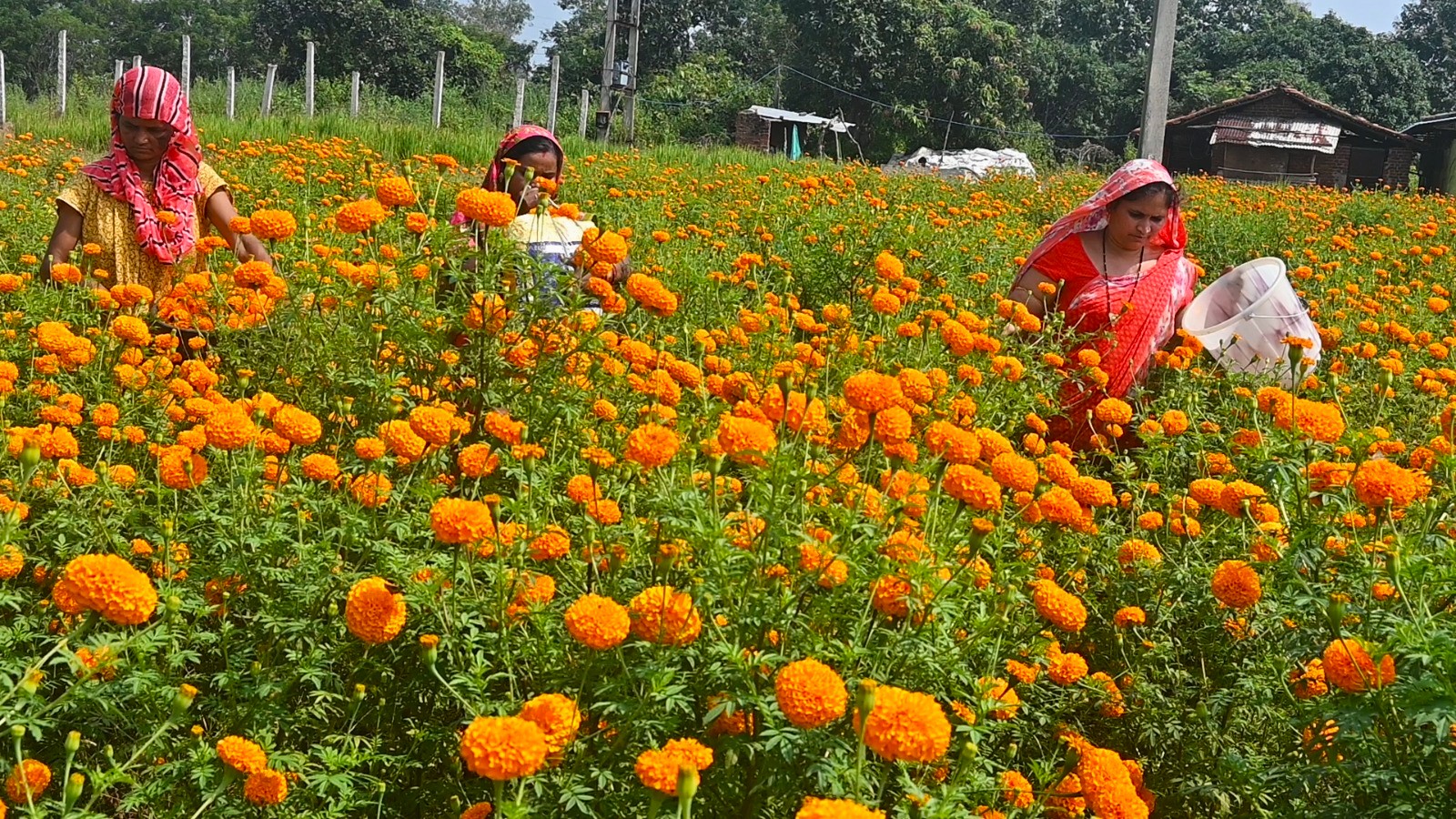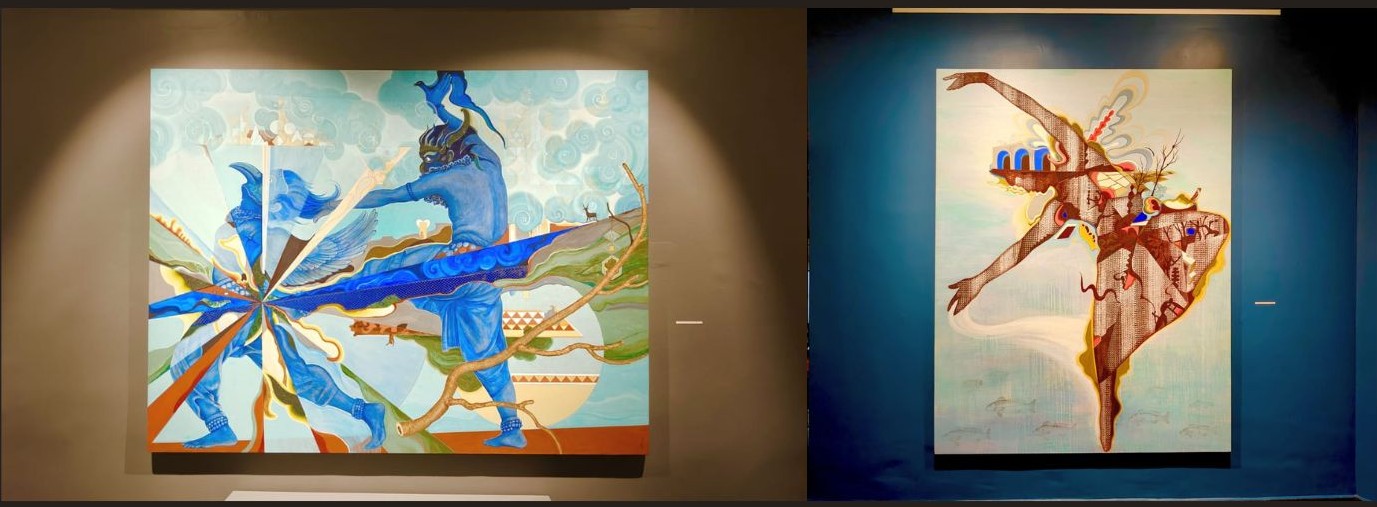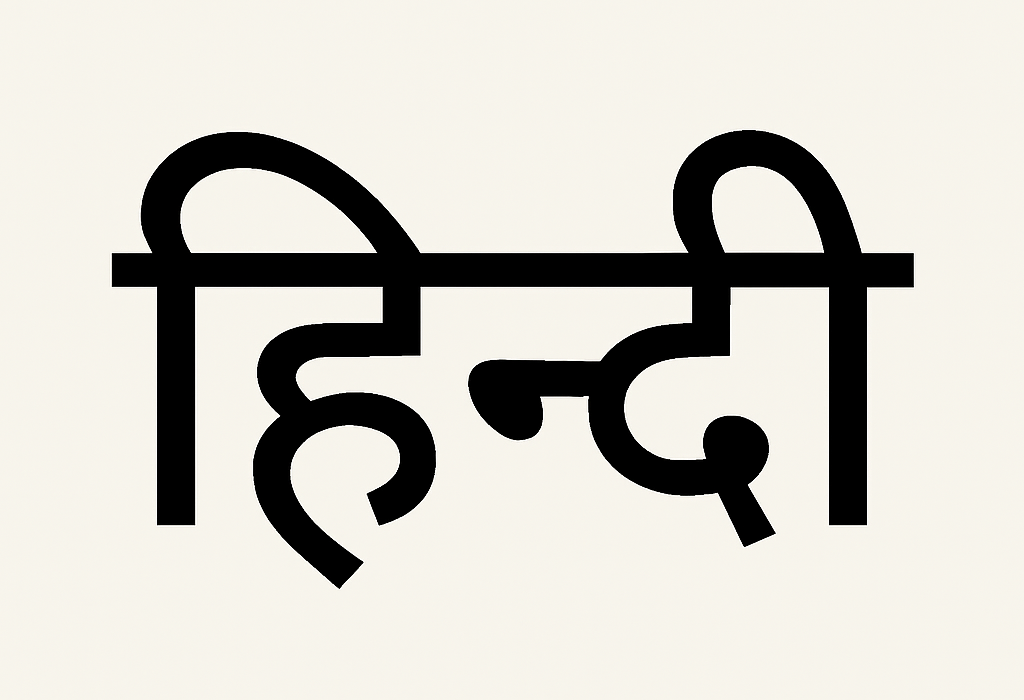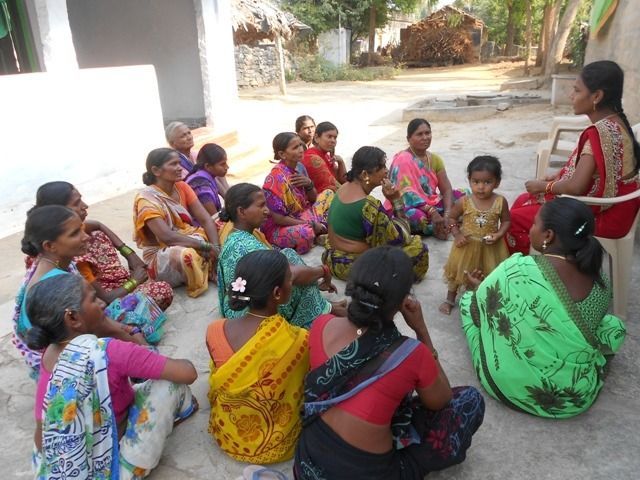In the remote, mountainous village of Bargaun in the Hulma region of Nepal, Laiku Lama has been providing marginalised communities with solar energy. These villages, nestled into the breathtaking backdrop of the incomparable Himalayas, are hundreds of kilometres from grid accessibility. It is considered one of the most isolated and underdeveloped regions in Nepal, reached only by foot or small plane. Only one hospital and two primary schools accommodate the locals of the entire district.
Most of its inhabitants have lacked affordable, clean energy options. But as of December 2021, over 2100 villagers are benefitting from newly provided solar energy. Laiku can assemble, install and repair Solar Home Lighting Systems independently with the knowledge she gained, enabling the community to consistently manage its own energy needs. This level of autonomy results in overall greater prosperity.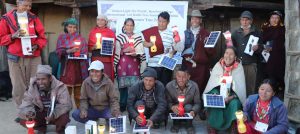
48 years young and a mother of 3, today Laiku is a Solar Mama, trained by Barefoot College International. She is one of more than 2000 women who have embarked on this unique journey to become solar engineers with little to no previous formal education. For 6 months in 2018, she and two other Nepalese women trained in the arid Rajasthani climate in India, leaving their families and lifestyles behind. They left their communities, their country, and their culture and boarded a plane all for the first time in their lives.
The women returned home confident and motivated to give back using their new skills. In December of 2021, Laiku and two Nepalese women installed 220 Solar Home Lighting Systems with support from Women Light the World, the New Zealand High Commission, Mega Bank, and Global Environment Facility Small Grants Programme of the United Nations Development Programme in the villages.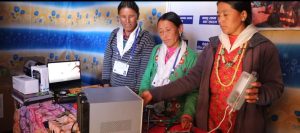
Initially, Laiku was hesitant about studying in India. She wasn’t confident that she had what it took to become a solar engineer. As with many indigenous communities, the men typically leave the villages to generate income while the women are expected to stay behind to maintain the houses. When women receive employable skills, they are much more likely to return to their villages to give back to the community, unlike men who tend to take up urban residences once they have left. It was for her community that she decided to say yes.
Laiku had never been to a school to learn and is illiterate. That didn’t dissuade her from her studies once she was offered the opportunity to travel to India to enrol in Barefoot College International’s solar engineering program. It is tailored to accommodate rural women regardless of their educational backgrounds and addresses any challenges with language barriers. Laiku’s family are farmers. She and her husband grow apples. Before Barefoot, Laiku was engaged in the orchard full-time. Like many rural farmers, their harvests still had them struggling with the daily costs of living.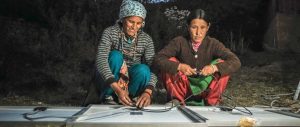
“It is unimaginable for me as an illiterate woman to be able to install lighting in my community. And it was even more astonishing to have gone all the way to India for this opportunity, to receive the training that enabled me to help my people. Thank you to Women Light The World and Barefoot College International, as this could not have happened without them.”Laiku said.
Her nervousness dissipated quickly once classes had begun, training alongside women from several countries and cultures. She remembers the women she studied with fondly. The program’s structure helps women build solidarity and courage together, sharing their international insights and wisdom. Together, they learned about things such as circuitry, entrepreneurial skills, women’s rights, health, and safety, how to use cellphones, English classes, and environmental stewardship.
“I believed I could take the classes and return home to take on the job of installing. Now I want to teach other interested women.”Laiku Said.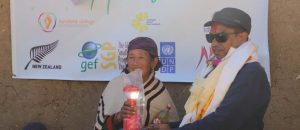
Children have reported studying three times longer than previously with solar-powered sources of light. Their grades improve and their drive to continue studying is boosted. Girls, who are most likely to drop out, remain encouraged to study. Children, who otherwise often rely on kerosene or candles to study during the dark evenings, often complain that such light sources are inadequate for reading. The solar lights, on the other hand, are so bright that every child has praised them.
It also means that trips to the city to purchase more fuel are eliminated, saving people time and money. Many of the villagers have expressed their happiness for the renewable solar light. Disaster response and mitigation strategies are put in place, as solar electricity is far more reliable in poor weather conditions. When only lantern light is available, each family uses up to 70000 NPR (USD 675 per annum). Instead, with the one-time purchase of a Barefoot Diva Solar Lantern, costs per family are reduced. With the brightness factor included, much more light is gained at a fraction of the cost per household.
220 houses have been electrified so far, 99% reduction in kerosene use, and 2100+people directly get the benefit of this.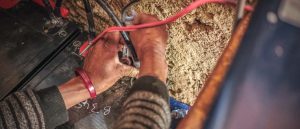
When asked about what benefits the light has brought to Bargaun, Laiku says that they no longer have to work or cook in the dark. The light from the lighting systems and lanterns is far brighter than kerosene lamps were able to provide. The toxic fumes from the old burning lamps have been eliminated, making it clearer and easier to breathe. Laiku Lama has a strong desire to empower other women from her community. She has witnessed the potential of knowledge, solidarity, and maintaining a healthy environment. To share what she’s learned is a passion of hers, and many women who are trained echo this incentive. This results in a ripple effect for each woman who is trained through BCI, amplifying the teachings of the workshops. Their communities also see the potential women have, and thus will support them as well. This project, in partnership with Women Light the World and Bodhi Tree Foundation Humla, aims to train an additional 10 women and bring solar energy to a total of 600 households in 2022. These homes will be from the remotest, most marginalized communities in Nepal. You can contact us to support this ongoing initiative to assist more villages to attain clean, affordable, renewable light.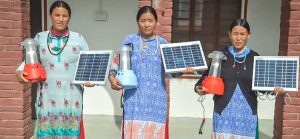
Barefoot College International demystifies and decentralizes technology, putting new tools in the hands of under-utilized rural communities, and fostering resiliency and sustainability. With a geographic focus on the Least Developed Countries, we train women worldwide as solar engineers, entrepreneurs, and educators. We have helped develop over 3200 women from 93 countries, solar electrifying over 125,000 households worldwide. These women, our “Solar Mamas”, return to their villages to bring light and scalable, regionally-specific livelihood opportunities to their community. Women Light The World (WLTW) is a non-governmental, non-profit organization, based in the United States.
Founded in 2017 by real estate executive Mary Goldsmith-Mahoney, the organization is dedicated to the economic empowerment of women in the Global South–specifically in the most remote and impoverished regions of Nepal. WLTW, in partnership with Barefoot College International, spearheads the electrification— with clean and affordable solar power—of villages that can then experience the multifold benefits of sustainable and renewable energy. These newly minted Solar Engineers (known as Solar Mamas) who oversee the implementation and maintenance of the solar installations, become role models in their communities and, moreover, their leadership positions telegraph the principle of gender equality.


